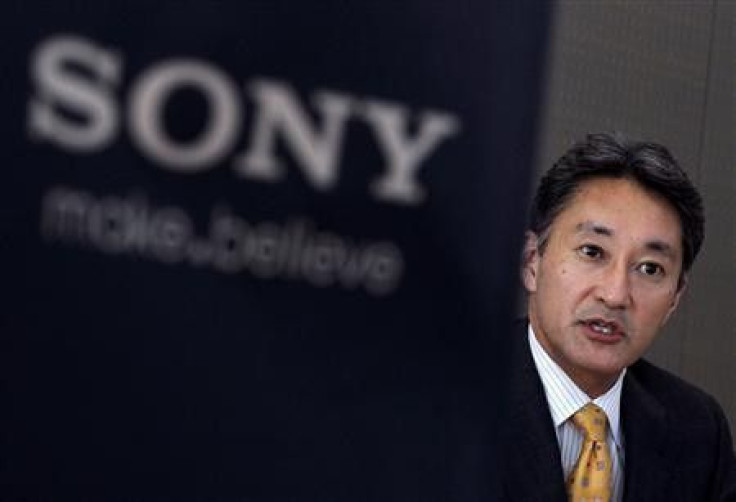Sony To Cut 10,000 Jobs Worldwide: Focus On Core Business, Paring Losses

Consumer electronics and entertainment giant Sony is letting go 10,000 employees, a sixth of its total workforce, in an effort to concentrate resources on core business and bring the company back to black.
According to Bloomberg, around 5000 of the total job cuts will be happening in businesses making chemicals and small-and medium-sized panels. Sony’s website says it has 168,200 employees as of end-March 2011.
Job cuts are becoming a norm in Japan where firms are taking stringent action to trim costs and drastically refocus their businesses. NEC Corp said in January it was cutting 10,000 jobs while Sumco Corp said in February 1,300 jobs would be cut. The continuing crisis in Europe, the weakness in the US market and the strengthening of Japanese yen have hampered the growth of Japan's export-focused companies.
This is not the first time that Sony is going for a large-scale layoff. In December 2008, at the height of the global financial crisis, it had cut 16,000 jobs following a severe slump in demand for its electronic products.
According to Reuters, Sony might request seven executive directors to return their bonuses this time. This follows the announcement of a new management structure in the company and the taking over of Kazuo Hirai as CEO on April 1. It is expected that Hirai will be taking steps to shut down loss-making business and focus on rebuilding the company.
The TV business, which is in poor health, is likely to absorb a significant amount of current job cuts. Hirai, who is expected to provide a brief on business plan this Thursday, has already said that he will be taking painful steps to make the company profitable.
In another major executive move, Kunimasa Suzuki will take over as President and CEO of Sony Mobile Communications effective May 16. Sony Mobile, which has been facing stiff competition in the mobile industry from Apple and Samsung, is reportedly focusing more on smartphones.
The sharp decline in Sony's market share is visible from the fact that its current market capitalization is $20 billion, a breathtaking plunge from $200 billion in 2000. This is much less than that of Apple and Samsung, whose market valuations account for $591 billion and $171 billion respectively. As a refocus strategy Sony is currently partnering with Google for Anrdoid-powered phones and tablets, as well as for Google TV.
In February, Sony posted a third quarter net loss 159 billion yen ($1.95 billion), mainly on account of the worsening market conditions in the developed countries, hostile foreign exchange rates and the floods in Thailand.
Standard & Poor's had lowered Sony's long-term corporate credit and debt ratings to 'BBB+' from 'A-', owing to low probability, enormous price erosion, worsening demand and severe competition. S&P said if no meaningful earnings recovery occurs within 6 to 12 months, the ratings could take a further hit.
At the 3 p.m. close in Tokyo trading, the shares of Sony climbed 0.6 percent to 1,644 yen.
© Copyright IBTimes 2024. All rights reserved.











